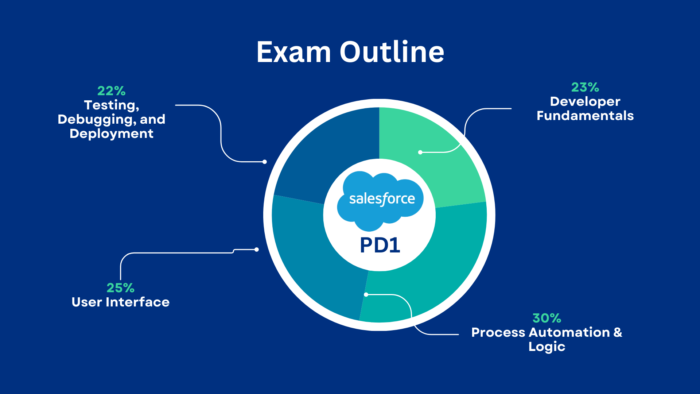
Salesforce Platform Developer 1 Guide
The Salesforce Platform Developer I Certification exam consists of 60 multiple-choice/multiple-select questions, with a passing score set at 68%. It encompasses various platform-related, declarative, and programmatic topics. No official prerequisite certifications are required. You can access the official Trailhead Exam Guide for detailed information. Let’s start the Salesforce Platform Developer 1 Guide.
Who is the ideal candidate?
The Platform Developer I certification exam serves as a foundational milestone for individuals engaged with the Salesforce platform. While crucial for aspiring Salesforce Developers, the knowledge framework acquired while preparing for this exam holds value across various roles, encompassing Administrators, Architects, Business Analysts, Product Owners, and Project Managers alike.
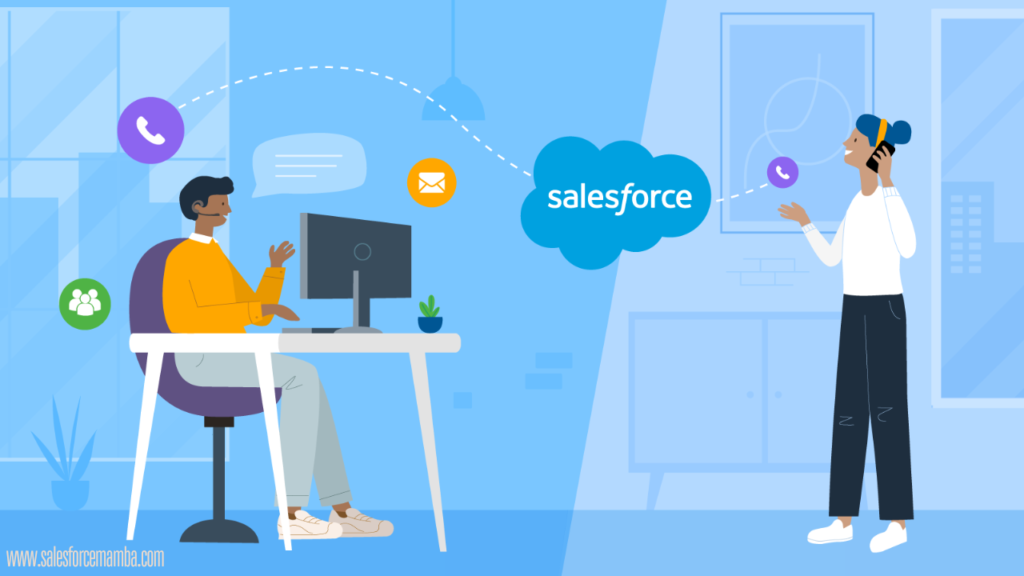
According to the PD1 exam guide, a Salesforce Platform Developer I typically possesses “one to two years of experience as a developer and at least six months of experience on the Lightning Platform.” While having this experience is advantageous, it’s possible to pursue PD1 with a non-coding background.
I recommend considering the Salesforce Admin and Platform App Builder Certifications as unofficial prerequisites, along with two years of experience in the Salesforce ecosystem. This exam encompasses more than just Apex and Lightning Web Components, commonly regarded as coding elements. Moreover, while writing code isn’t mandatory for the exam, a comprehensive understanding of its structure, purpose, and best practices is essential.
Is PD 1 Certification Suitable for You? Reasons to Pursue?
Regardless of whether you possess coding or development experience, it’s crucial to have a clear understanding of your motivation for pursuing this certification. In this article, I delve into the aspects of mindset and drive.

While it may seem obvious that one would pursue this certification to become or enhance their skills as a Salesforce Developer, it’s worth noting that in this context, “platform developer” refers specifically to individuals who engage in coding activities.
However, it’s important to note that passing this certification doesn’t necessarily indicate proficiency in coding; rather, it confirms a solid grasp of the framework of code and declarative capabilities within the Salesforce platform.
Due to its comprehensive coverage, this certification is relevant and beneficial for individuals in various roles within the ecosystem. For those transitioning from non-coding backgrounds, it serves as a valuable foundation, providing a well-rounded understanding of platform fundamentals.
Features of PD 1 Certification
You may have already tackled other Salesforce certification exams, such as Administrator or Platform App Builder, or perhaps one of the Consultant or Architect exams. However, this one stands apart.
Unlike other exams that focus more on use cases, the Platform Developer I exam emphasizes the direct application of technical principles to various scenarios. While preparing for other exams typically involved a linear process of covering topics one by one, studying for PD1 took a more nonlinear approach.
I discovered that simply reading about them or completing a Trailhead module or two wasn’t sufficient. There were certain areas where I encountered challenges and had to set them aside temporarily to make progress.
Persistence is key! Complex concepts will gradually become clearer with time and effort, I assure you.
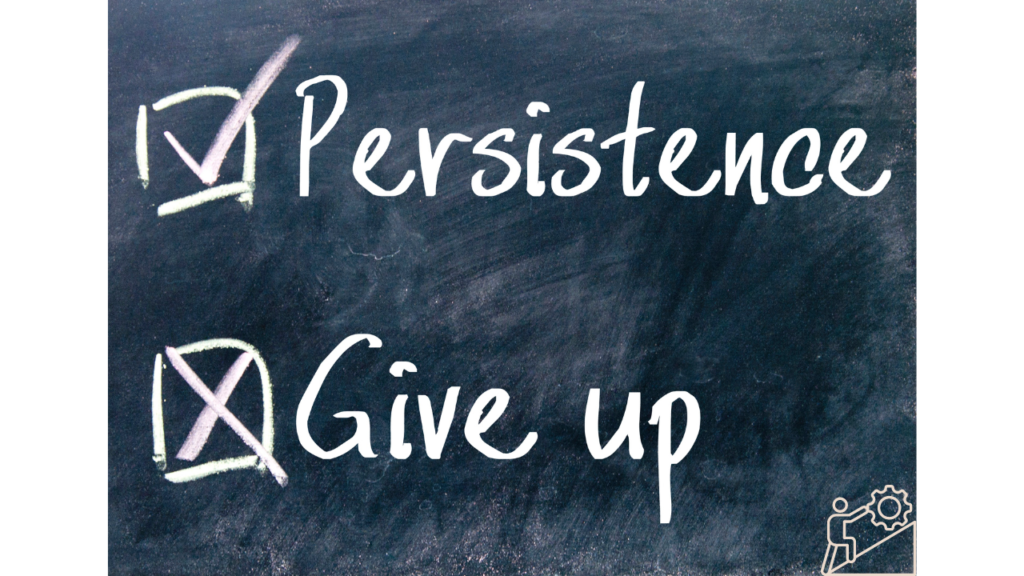
Core Concepts
After evaluating whether this exam aligns with your objectives, ensuring you possess the recommended prerequisite certifications and relevant experience, and clarifying your goals and motivations, it’s time to delve into the preparation process!
Take a look at the exam guide provided here. Don’t be discouraged by the “Experience” section; you can acquire the necessary expertise and exposure to these subjects through your studies. At the time of writing this guide, the exam covers five primary areas. Let’s examine each segment, accompanied by some tips and recommended resources.
Pro Tip: Below, I’ve included resource links. Given Salesforce’s dynamic nature, always refer to official documentation and the most current references. While community-generated content can be beneficial, prioritize reliable sources.
An easy sample question for you from Salesforce Mamba PD 1 Practice Exams.
Developer Fundamentals: 23%
- Gain an understanding of Multi-Tenant Architecture by exploring the Salesforce Architecture on Trailhead.
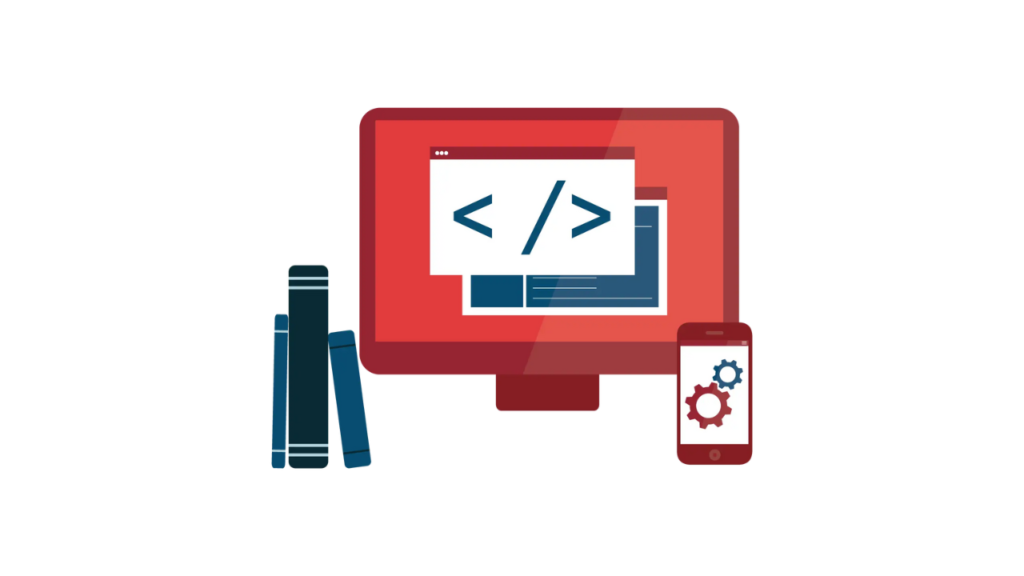
- Familiarize yourself with the design frameworks of MVC (Model, View, Controller) and Lightning Components.
- SF has made a comprehensive platform for building on-demand applications. Like other sophisticated application development platforms, the Lightning platform offers separate tools for defining:
- (M) Model: structure of the data—that is, the data model
- (V) View: Layouts that specify how that data should be displayed—the user interface
- (C) Controller: Rules detailing how that data can be manipulated—the business logic
- SF has made a comprehensive platform for building on-demand applications. Like other sophisticated application development platforms, the Lightning platform offers separate tools for defining:
- Be knowledgeable about the various options, examples, and limitations of data models. If you lack experience in data model design, explore Trails to expose yourself to different scenarios and their rationales.
- Explore Data Modeling on Trailhead.
- Explore Data Modeling on Trailhead.
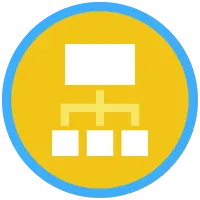
- Utilize the Platform Developer I Certification Prep module: Salesforce Fundamentals, Database Modeling and Management on Trailhead for further study.
Process Automation & Logic: 30%
- Ensure proficiency in declarative process automation. Considering my suggestion that you’ve already obtained the Platform App Builder certification, this area should serve as a refresher.
- Familiarize yourself with utilizing declarative automation and Apex in conjunction when necessary. Validate your understanding by completing the Process Automation Specialist Suberbadge on Trailhead.

- Begin by mastering the fundamentals of Apex. Acquaint yourself with variables, constants, methods, and classes as your initial steps. Explore resources such as Women Code Heroes: Learning to Code by Kieren Jameson, particularly beneficial if you’re starting from scratch. Additionally, Adam Olshansky’s presentation, “Demystifying Code For Admins: The Last Step to Apex,” offers valuable insights.
- Utilize Trailhead for an abundance of resources. Search for “Developer Beginner” and the keyword “Apex.” Start your journey with the Developer Beginner Trail and delve into Object-Oriented Programming for Admins.
- Familiarize yourself with the fundamental components of a trigger, including their functions, applications, and proper structure, along with best practices. While examples of best practices can be found in your studies, exposure through blog articles and participation in virtual or in-person developer groups can enhance your understanding.
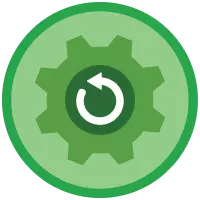
- Expect to analyze code snippets and predict their outcomes, which may include specific error messages or numerical values. These code snippets, although not overly complex, test your comprehension of basic Apex structures and can be deceptively challenging, as even minor alterations can significantly affect the outcome.
- If you’re starting from scratch, consider exploring David Liu’s Apex Academy to construct your first trigger. Additionally, leverage resources like Trailhead’s Apex Triggers module.
- Gain practical experience with SOSL, SOQL, and DML operations by contemplating their applications within your current Salesforce environment. Working within a familiar context, with familiar objects, data, and use cases, facilitates comprehension.
- Apart from Trailhead’s SOQL for Admins, explore various recorded webinars and blog articles for in-depth understanding, such as those by Houssam Saoudy.
- Understand the essentials of Apex testing, unit tests, and code coverage. Begin by grasping the significance of unit tests and code coverage, followed by hands-on practice in crafting simple unit tests. Refer to Trailhead’s Unit Testing on the Lightning Platform module for guidance.
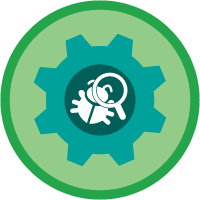
- Memorize the order of operation and ensure you’re referencing the most recent information available in the Apex Developer guide. While graphical representations can be found through a Google search, prioritize official documentation for accuracy.
- Initiate your exploration of Platform Events and the Publish & Subscribe model with Trailhead’s Platform Events Basics module.
- Comprehend security vulnerabilities and methods to mitigate them, particularly focusing on issues like cross-site scripting and SOQL injection. Refer to resources such as Salesforce Help’s Security Guidelines for Apex and Visualforce Development and the Security Tips for Apex and Visualforce Development in the Apex Developer Guide for examples and guidance.
User Interface: 25%
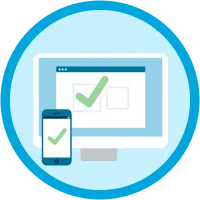
- Grasp the fundamentals of Visualforce, recognizing that while Lightning Web Components (LWC) are becoming more prominent, Visualforce remains relevant for the exam, with numerous pages still in active use. Familiarize yourself with controllers and extensions and gain practical experience.
- Engaging with a mentor can provide valuable examples and decision-making insights regarding their usage. Recommended Trailhead modules include Visualforce Basics, Visualforce & Lightning Experience, and Quick Start: Visualforce.

- Delve into Lightning Components, encompassing both Lightning Web Components and Aura Components. While this area may seem daunting, especially for beginners, remember that the exam won’t require you to write a component, but understanding their usage and the framework is essential. Despite the preference for LWCs, questions about Aura Components can still be there.
- Collaborating with a mentor or colleague can aid in clarifying any ambiguities. Begin with Adam Olshansky’s presentation on LWC 101 (Tap ▶️ below) and then proceed to Trailhead modules such as Aura Components Basics and Lightning Web Component Basics, as well as Quick Start: Lightning Web Components.
Testing, Debugging, and Deployment: 22%
- Explore the array of developer tools available, gaining practical experience with various environments and tools to discern their appropriate usage. Familiarize yourself with Salesforce DX, Salesforce CLI, and the Developer Console.
- Trailhead modules like Command-Line Interface Basics and Developer Console Basics provide valuable insights. Additionally, dive into Debugging, Testing, and Deploying Apex from the Apex Developer Guide for comprehensive coverage of this topic.
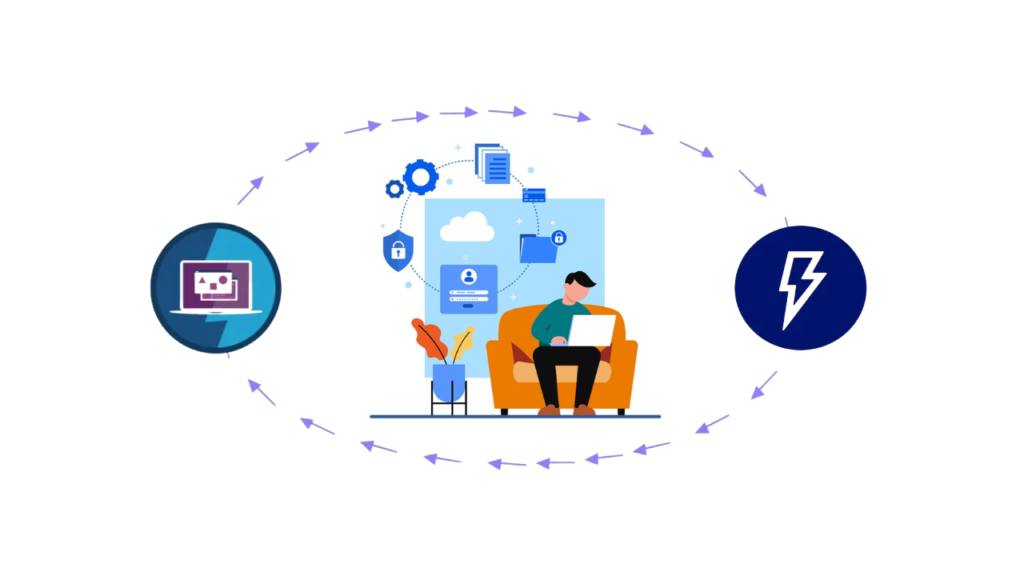
- Comprehend the complexities of Apex Testing and Code Coverage. Engage with Trailhead’s Apex Testing module and refer to Testing Best Practices and Code Coverage Best Practices in the Salesforce Apex Developer Guide for thorough understanding.
Try Short 💚⚡ PD 1 Exam Guide
Recalling🕵️Salesforce Platform Developer 1 Tips
- Review the Trailhead Exam Guide thoroughly and utilize it as your primary revision checklist.
- Make sure to study the features and concepts and get hands on with them in either a Developer org or a Trailhead Playground.
- Utilize our Mock exams to simulate the real testing environment and practice any areas where you may need to enhance your understanding.
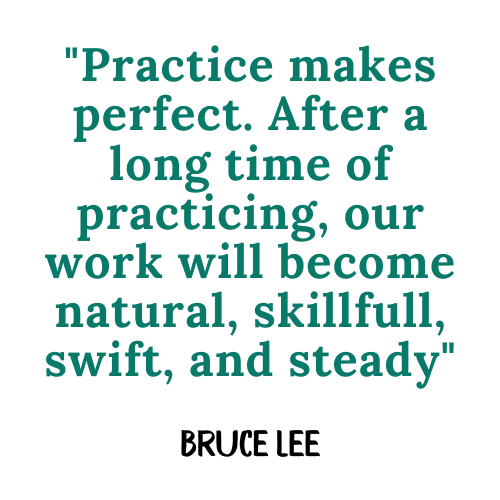
- Once you feel steady, schedule your exam to set a target date for yourself. This will provide you with the drive to revise effectively and successfully pass the exam.
Resources
➡️ 180+ Salesforce JavaScript Practice Exam Questions
➡️ Trailhead Exam Guide
🎁 Free 60 Practice Exam Questions
Further
➡️ Salesforce Advanced Admin Certification
➡️ Salesforce JavaScript Developer Certification
➡️ Salesforce Platform App Builder Certification
➡️ Salesforce Sales Cloud Consultant Certification
➡️ Salesforce Administrator Certification
Tag:Best resources for Salesforce Platform Developer 1 certification, Comprehensive guide to Salesforce Platform Developer 1 exam, Effective study plan for Salesforce Platform Developer 1 exam, Essential materials for Salesforce Platform Developer 1 exam success, Free mock tests for Salesforce Platform Developer 1 certification, How to pass Salesforce Platform Developer 1 exam, How to study for Salesforce Platform Developer 1 exam efficiently, In-depth review of Salesforce Platform Developer 1 exam content, Key topics for Salesforce Platform Developer 1 test, Practice questions for Salesforce Platform Developer 1 certification, Salesforce Platform Developer 1 certification tips and tricks, Step-by-step guide to Salesforce Platform Developer 1 certification preparation., Strategies for acing Salesforce Platform Developer 1 certification, Study guide for Salesforce Platform Developer 1 certification, Tips for Salesforce Platform Developer 1 exam preparation


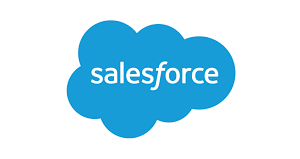
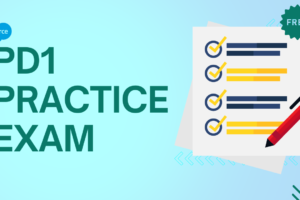
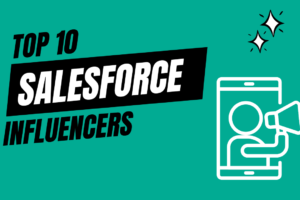
5 Comments